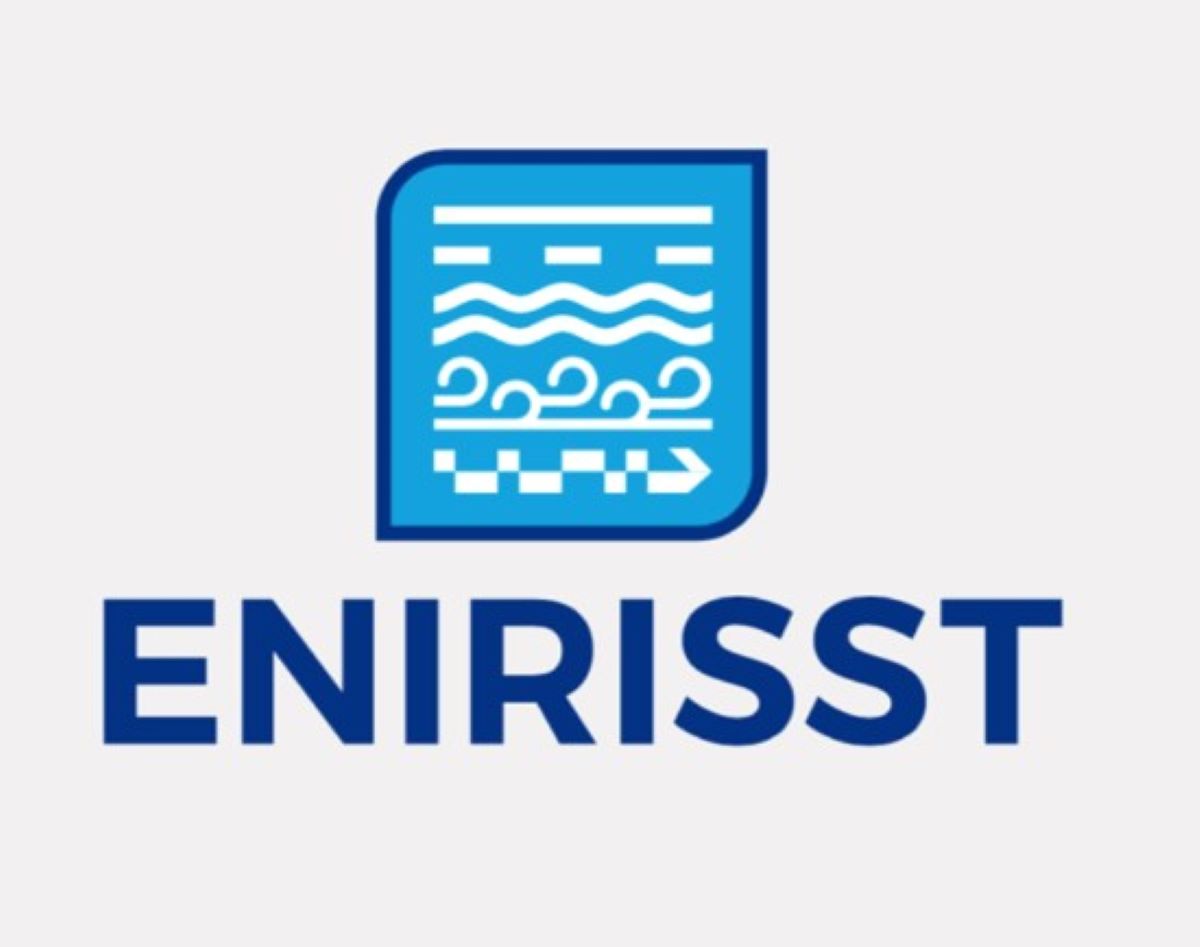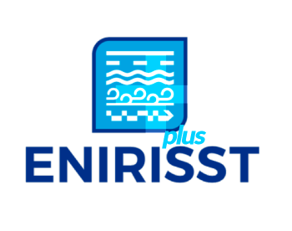Conference
Topics and Objectives
The mobility of societies and the economic growth of regions have been linked to the availability of means of transport and to their combination and coordination. Especially during the last decades, the continuing trend of market globalization, technological modernization and regions urbanization led either to the consolidation of routes or to the expansion of corridors, both on intercontinental and international scope and on a national, regional and local scale. It is noteworthy that the decisions on new routes or rerouting are many times too complicated, coinciding with the strong impetus for any change provided by the onset of the industrial era. Therefore, while the phenomenon of intermodality played an increasingly prominent role in transport activities, each mode reached higher levels of speed, flexibility and technical efficiency, in stark contrast to the inertias that had existed in the characteristic transport system of the pre-industrial era.
Transport plays a crucial role in economic and social development and its contribution goes beyond what is normally captured in traditional cost-benefit analyses. The future of transport in the last century depended on efficient and easy intermodal mobility to improve the regional accessibility by providing connectivity. The European Commission recognizes this and its transport policy focuses on the intermodal transport which is seen as a sustainable mobility solution, environmentally friendly and efficient in terms of resources and overall cost. This impacts essentially the funding of new transportation infrastructures that could have large long-term economic, social and environmental impacts.
The main objectives of this conference addresses the innovation in strategic planning, business development and economic contribution specifically related to intermodal transport. The focus is on the main economical advantages of developing intermodal transport, but also on the usage limits brought by particularities of transport modes. Special attention is given to decision making for investments and project financing in infrastructures to promote intermodal options. The discussion agenda includes analysis of the implications on the quality and cost of supply chain.
Consequently, the key topics of the conference cover the following areas:
- Operation research tools in planning and management
- Alliances, brokering/leasing services
- Competition, cooperation, planning, groups/associations
- Development/evolution, hubbing systems
- [De]regulation, standards, safety, security
- Environmental impact, liability/insurance
- Government involvement and public consultation
- Project planning and project financing
- Infrastructure, network design/optimisation
- Implementation of state-of-the-art technologies in infrastructure networks to improve safety and efficiency
- Intelligent transportation systems
- Intermodal cost/benefit analysis
- Motor carrier industry, ocean port development
- Transport hubs operations and new corridor development
- Tourism and Transports
- Supply chains, trade flows
- Warehousing/inventory management
- Decision Support Methodologies and Systems
It’s highlighted that we invite research society and professionals to present case studies, best practices and applications in intermodality and its aspects in:
- technical, economic and political issues
- business and regional development
- project successes and failures
- the environment and sustainable development
- transport economics
- monitoring performance and cost control
- operation research and ITS
- decision making
Sections
The conference takes place in city of Alexandroupolis in Northeast Greece (Thrace Region), one of the cities where the Democritus University of Thrace is based (http://duth.gr/index.en.shtml).
The conference is organized in two distinguished sections:
Section A: Introductory speeches and round table
This section deals with dedicated presentations by key players in decision and policy making, business management and research innovation.
Section B: Research and professional papers
This section includes oral presentations and posters for all accepted abstracts and presentations by the research society, academics and professionals.
Awards
The 2-day conference includes an award program in the following categories:
- 3 awards for the three best submissions in conference section A
- 3 awards for the three best submissions in conference section B
Call For Papers
Important Dates
16 July 2021 Abstract Submission (up to 300 words) 1 Aug 2021 Abstract Submission (up to 300 words)
30 Aug 2021 Author’s notification
4 October 2021 Author’s oral presentations and poster submission
14 & 15 October 2021 Conference days
1 November 2021 Author’s notification for full paper submission to special edition
31 December 2021 Selected Full paper submission to special issue
15 February 2022 Paper reviews
15 March 2022 Revised papers submission
31 March 2022 Acceptance paper notification
Abstract Submission
The paper abstracts invited to be submitted to conference chair Dimitrios Dimitriou, Professor Assoc. DUTh,by email to:
Abstract for the 2nd International Conference on Intermodal Transports
The abstract should provide the title, the authors names and affiliations, the main content of the paper, the research methodology, contribution and outputs. At the end up to 5 keywords should be highlighted. The length of the abstract is suggested not exceeding to 300 words.
Paper and Abstract proceedings
The evaluation and the acceptance of the abstracts and papers will be based on the double-blind peer review process. The paper reviews will be undertaken by the scientific committee.
Authors being accepted to present in the conference have the opportunity to submit the full paper in dedicated special issues:
- Will announced soon
Special Issues Editors: The Guest Editors in the above journal-special issues for the full papers of this conference are: Associate Professor Dimitrios Dimitriou (
All accepted abstracts and presentations will be published in a special electronic edition of the conference proceedings.
Conference Chair
The Conference Chair is Dr. Dimitrios J. Dimitriou (
Scientific Committee
The full body of the scientific committee is:
Department of Economics, DUTh, (hosting university)
- Drimpetas Evaggelos, Professor
- Dimitriou Dimitrios, Associate Professor
- Koutroukis Theodoros, Associate Professor
- Victoria Pistikou, Assistant Professor
- Poufinas Thomas, Assistant Professor
- Maria Sartzetaki, Assistant Professor
Universities and Research Institutions (alphabetic)
- Ballis, A., National Technical University of Athens (Greece)
- Thomas, C., Manchester Metropolitan University, (UK)
- Chlomoudis C., University of Piraeus, (Greece)
- Dimitriou L., Cyprus University, (Cyprus)
- Naniopoulos, A., Aristotle University of Thessaloniki (Greece)
- Papadimitriou E., University of Pireus, (Greece)
- Sabrakos, E., University of Piraeus (Greece)
- Sklias Pantelis, University of Neapolis, (Cyprus)
- Ziliaskopoulos A., University of Thessaly, (Greece)
Organizing Committee
- Sartzetaki Maria , Assistant professor, DUTh
- Karagkouni Aristi, PhD candidate DUTh
Administration support:


Conference language
English are the official languages of the conference
Conference venue
The conference venue is Conference Center of the Astir-Egnatia Resort in the city of Alexandroupolis. More information for the conference venue: https://www.astiregnatia.com/meetings-events.html
Networking : VIP4RIDE
The conference is supported by:
- Economic Chamber of Thrace
- Hellenic Aviation Authority
-
Hellenic Institute of Transportation Engineers
Preliminary Conference Program
Research Activities
Tuesday 12/10/2021
- Research drivers from Intelligent Research Infrastructure for Shipping, Supply Chain, Transport and Logistics (ENIRISST)
- Research drivers for Intelligent Research Infrastructure for Shipping, Supply Chain, Transport and Logistics Plus (ENIRISST+)
- Mentoring on New Topics and Research Fields (Int. Universities teams/labs Collaboration)
- PhD Research Activities and Actions: Presentations by PhD Candidates
- VIP4RIDE Network of Experts
Wednesday 13/10/2021
- ENIRISST plus Workshop: New Tools and Contribution to the Region of Northern Greece
- ENIRISST Workshops and Committees
- Special Training Workshop Sessions (Int. Universities teams/labs Collaboration)
- VIP4RIDE Networking
- Presentation of the new Scientific Editions: "Future Policies and Strategies for Nation Branding" & “Educational Book for Primary & Secondary School Students”
Conference Activities
Thursday 14/10/2021
- Introductory speeches by authorities and institutions
- State of the art research outputs and key-note address
- Research Programs Framework & Outputs:ENIRISST deliverables, ENIRISST plus Framework, ERASMUS-plus Research Program on Disaster Risk Reduction Research paper
- Research paper sessions
- Presentation of Honorary Volume for Prof. (emeritus) Chatzikonstantinou Georgios
- Gala Dinner (including Award Ceremony)
Friday 15/10/2021
- Technical Visit at the Port of Alexandroupolis
- Press Conference
- Research paper sessions
- Conference and week activities conclusions
- Alexandroupolis sightseeing
Social Activities
- Welcome Reception
- Gala Dinner
- Awards Session
- Sightseeing Visit
Registration Fees
100 euro
for the conference delegates
Free access
for the conference presenters and authors